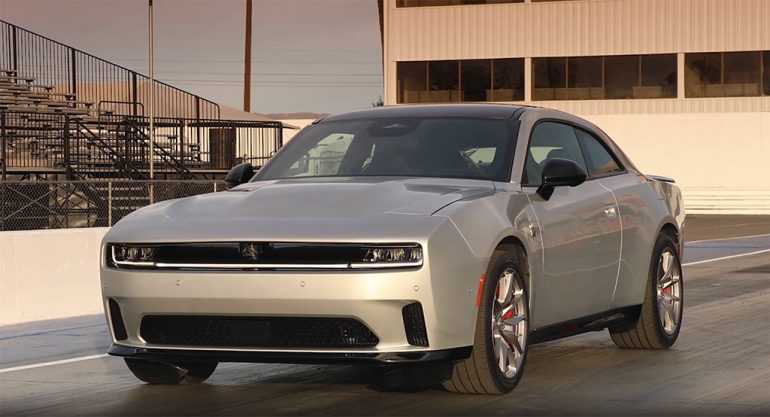
The CEO of Stellantis, Carlos Tavares, emphasized the imperative for the automotive industry to significantly reduce the weight of electric vehicle (EV) batteries by 50% within the next decade to render electrification truly environmentally impactful. Tavares highlighted during Stellantis’ Freedom of Mobility Forum that the current weight of battery packs for EVs, necessary for achieving a decent range of around 400 kilometers (250 miles), adds approximately 1,000 pounds, or about 500 kilograms, of additional raw materials compared to traditional combustion engine vehicles.
Tavares expressed concern from an environmental perspective, stating that the current state of EV battery technology may not be sustainable. He emphasized the urgency for a breakthrough in the power density of battery cells, which he believes is achievable in the coming years. Tavares projected that by reducing the weight of battery packs by half, the automotive industry could significantly decrease the reliance on additional raw materials, addressing concerns such as lithium scarcity, a critical component in modern batteries.
The discussion at Stellantis’ Freedom of Mobility Forum also addressed alternative technologies, notably hydrogen. Tavares expressed reservations about the viability of hydrogen as a present-day solution for mass mobility, citing exorbitant costs, even when assuming the energy used for hydrogen production is clean. He noted that while hydrogen may be feasible for fleet operations of large corporations in the near future, it is unlikely to be accessible for average consumers due to affordability constraints.
Tavares’ remarks underscore the pressing need for advancements in EV battery technology to drive sustainable electrification in the automotive industry. While acknowledging challenges, such as lithium scarcity and the viability of alternative technologies like hydrogen, Tavares remains optimistic about the potential for innovation to address these issues in the coming years.

Lloyd Tobias is a seasoned automotive journalist and passionate enthusiast with over 15 years of experience immersed in the world of cars. Whether it’s exploring the latest advancements in automotive technology or keeping a close pulse on breaking industry news, Lloyd brings a sharp perspective and a deep appreciation for all things automotive. His writing blends technical insight with real-world enthusiasm, making his contributions both informative and engaging for readers who share his love for the drive. When he’s not behind the keyboard or under the hood, Lloyd enjoys test driving the newest models and staying ahead of the curve in an ever-evolving automotive landscape.